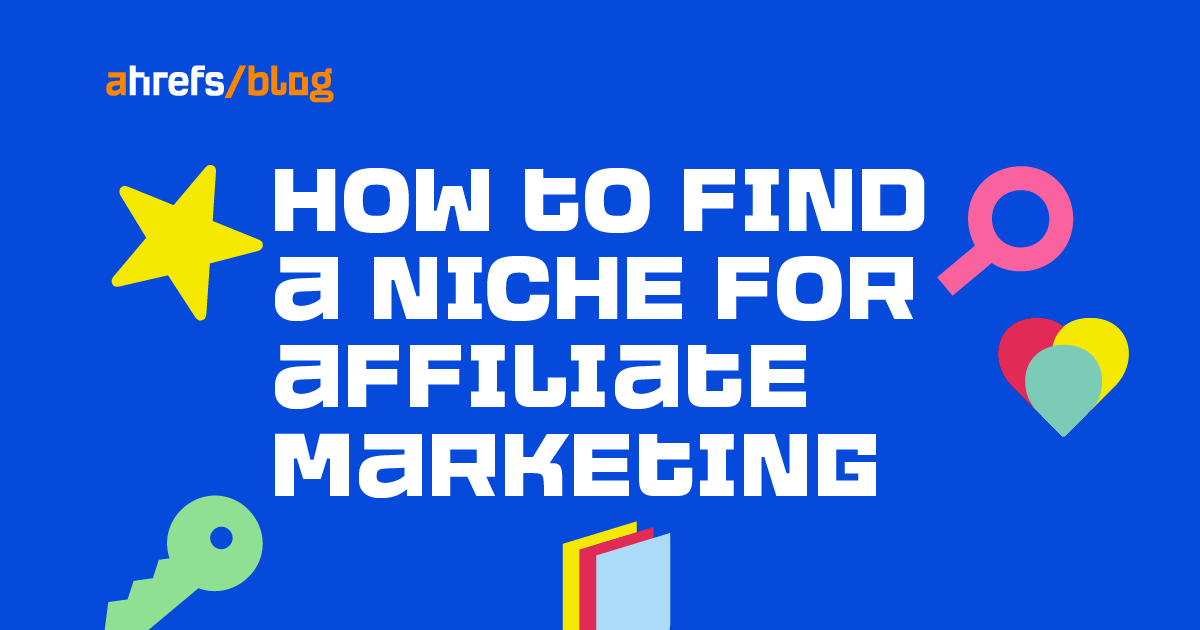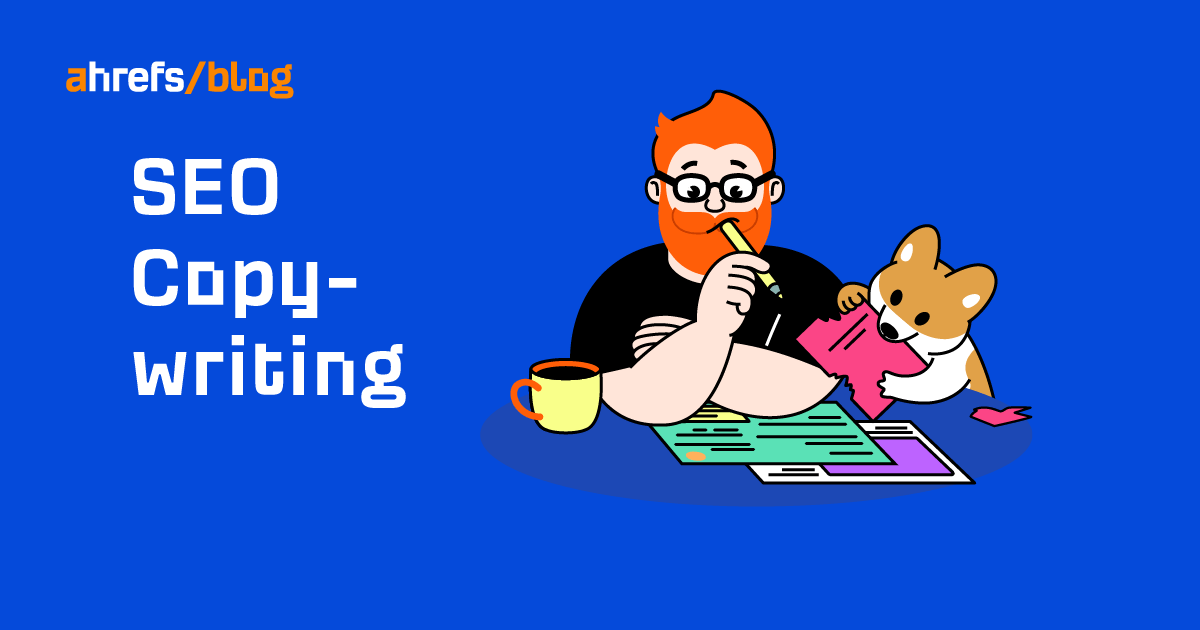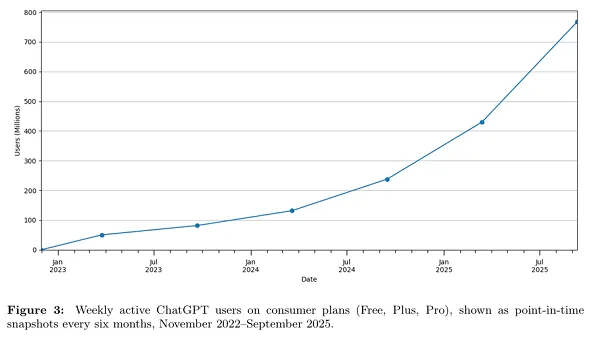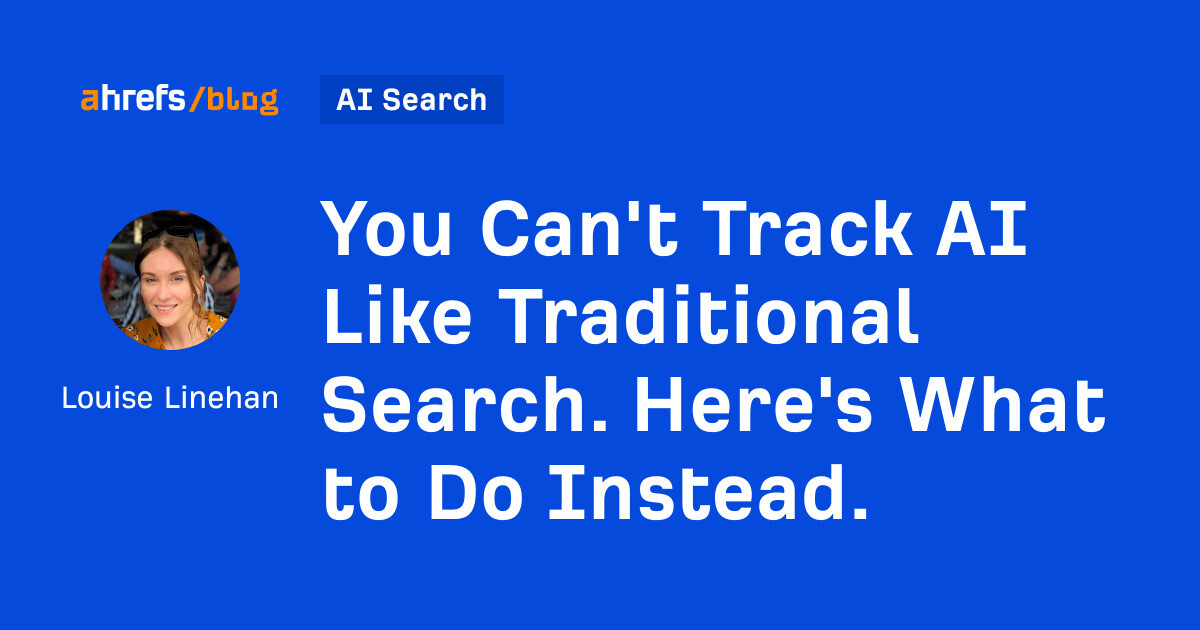Should Guest Post Links Be Marked Sponsored? Ask An SEO via @sejournal, @rollerblader
John asks an SEO, "When I publish my article on someone else's site, should I tell them to use a sponsored link attribute?" The post Should Guest Post Links Be Marked Sponsored? Ask An SEO appeared first on Search...

This week’s Ask an SEO question comes from John in London, England, who asks:
“I came here from your post Should You Use Nofollow, Sponsored, or UGC Links?
In the ‘Affiliate Links’ paragraph you write, ‘These should be sponsored because you are posting them with the goal of earning a commission.’
My question is, should this strategy also be implemented for guest posts?
When I’m going to publish my article on someone’s site, should I have to tell him to use a sponsored link attribute?
I’m running an affiliate site and I know my outbound link should be sponsored but for backlinks I don’t know exactly.
I hope you understand my question. Looking forward for your response.”
Hi John,
Thank you for writing a follow-up to my post and for the great question.
Before I give you an answer, the editor asked me to share this post about Google’s warning with guest posting for backlinks.
In short, if you paid for the guest post, then the link should have sponsored markup as you are sponsoring.
But keep in mind that any attribute attached to the link will signal to Google that it is not a natural link, and if it does, the link will likely not help you with SEO.
There is debate about nofollow actually passing value, as some Googlers have stated it is a suggestion and not a guarantee.
To be safe, I consider both “nofollow” and “sponsored” not beneficial for SEO.
The full answer is to determine if the link would be natural, if it is in an author’s bio, or if the person reading will find value by clicking on it.
If you are a cited expert on a topic and the website has you writing as an expert, and you are linking to a page on your website that provides a value-adding explanation of a concept, then it likely makes sense to have a do follow link.
Here are two examples:
1. You are talking about a topic that has a formula or needs an in-depth explanation.
But that explanation will not add value to the article. You could give yourself a backlink to help the reader learn more.
2. The same goes for your author bio.
If you’re a regular contributor and people subscribe to your column, then it would make sense to have a backlink to your website so your fans can engage with you.
This also helps build upon the “E-A-T” concept if your website features where else you’re published, accolades, and certifications.
But there is a fine line.
If you paid to post, there needs to be an advertising disclaimer that payment (cash, product for review, etc.) was exchanged.
Google will eventually get better at looking for this.
When Google does, I assume they will try to associate the “dofollow” link to your site with the disclaimer, and the link may not count as much (if at all) since it is clearly sponsored or placed by you as the author.
So why not just remove the disclaimer?
If the disclaimer or disclosure is not there, you may be violating FTC (here’s a good guide they created) and some international guidelines. I’m not a lawyer, so I cannot say this definitively but you need to be aware.
I believe they have the same restrictions for you in the U.K., as well.
If the blog you’re posting on is part of a PBN (private blogger network) and the PBN has been mapped or is known by Google, and you use this same type of guest posting as a link acquisition strategy, you could get penalized.
Many people who use guest posting for backlinks try to hide their backlinks or make them look natural by linking to competitors and other trusted resources, but this isn’t foolproof, and it can still be tracked.
You’re in a very grey area. If you want to be safe, ask for sponsored or nofollow markup and only post to sites where you’ll attract a relevant audience to your own website.
Guest posting for backlinks is not a good strategy on its own.
A good strategy is creating really good content that solves a problem or provides an easier way to understand the topic.
Next, reach out to the blog owner with a custom-written email – do not use a template – and let them know you enjoyed their site with specific callouts to show you read it.
Last, mention their site does not have a solution for AB.
AB is where you come in.
You can now either provide a link and say it might be beneficial to their readers or ask if it is ok to have them review it or for feedback.
By asking permission first, I have gotten a better response rate because I approach the blogger in a friendly and more engaging way.
But you have to customize the email and make it about them, not about you.
I hope this helps, and great question! This topic comes up a lot.
More resources:
Guest Posting in 2021: Amplify Brand First, Build Links Second 45 Top Digital Marketing Blogs That Accept Guest Posts Link Building Guide: How to Acquire & Earn Links That Boost Your SEOFeatured Image: KatePilko/Shutterstock

 BigThink
BigThink 































